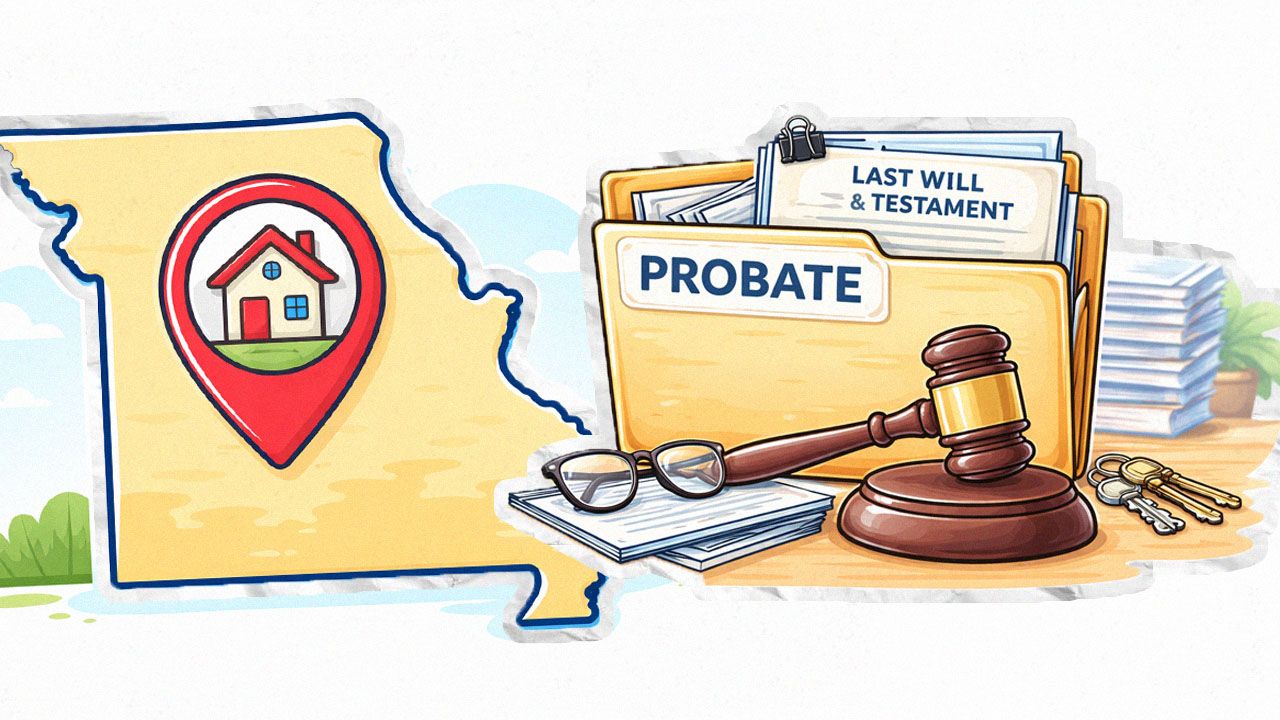St. Louis Battling Flash Flood Threat: A Real Estate Perspective
Nov 05, 2024
Written by David Dodge
The Storm's Impact
The St. Louis region has been facing significant flash flooding risks due to heavy rainfall.Multiple counties in the area have been issued flash flood warnings, signaling the potential for rapid water rises and hazardous conditions. This severe weather event has raised concerns for both residents and real estate professionals.
Real Estate Implications
- Property Damage: Flash flooding can cause substantial damage to homes and businesses.
- Insurance Claims: Homeowners and business owners may need to file insurance claims to cover flood-related damages.
- Market Sentiment: Severe weather events can negatively impact market sentiment.
- Infrastructure Damage: Flooding can damage roads, bridges, and other infrastructure, which can impact property accessibility and transportation.
Navigating the Real Estate Market Post-Flood
When considering purchasing a property in a flood-prone area, it's essential to conduct thorough research and due diligence. Potential buyers should:
- Consult Flood Maps: FEMA flood maps can provide valuable information about flood risk in specific areas.
- Inspect Property History: Review property records to determine if the property has experienced flooding in the past.
- Consult with Real Estate Professionals: Experienced real estate agents can offer insights into local flood risks and potential mitigation strategies.
- Consider Flood Insurance: If purchasing a property in a flood-prone area, it's essential to have adequate flood insurance coverage.
By understanding the potential risks and taking proactive measures, individuals can make informed decisions about their real estate investments and protect their property from future flood events.
Stay Updated
For the latest information on flood warnings and advisories in the St. Louis area, please consult local news outlets or the National Weather Service website.
As we face the increasing threat of extreme weather events, it's crucial to prioritize climate resilience in our communities. This includes investing in infrastructure improvements, promoting sustainable development practices, and raising awareness about the impact of climate change on real estate. By taking proactive measures, we can mitigate the risks associated with flooding and build more resilient communities for the future.








